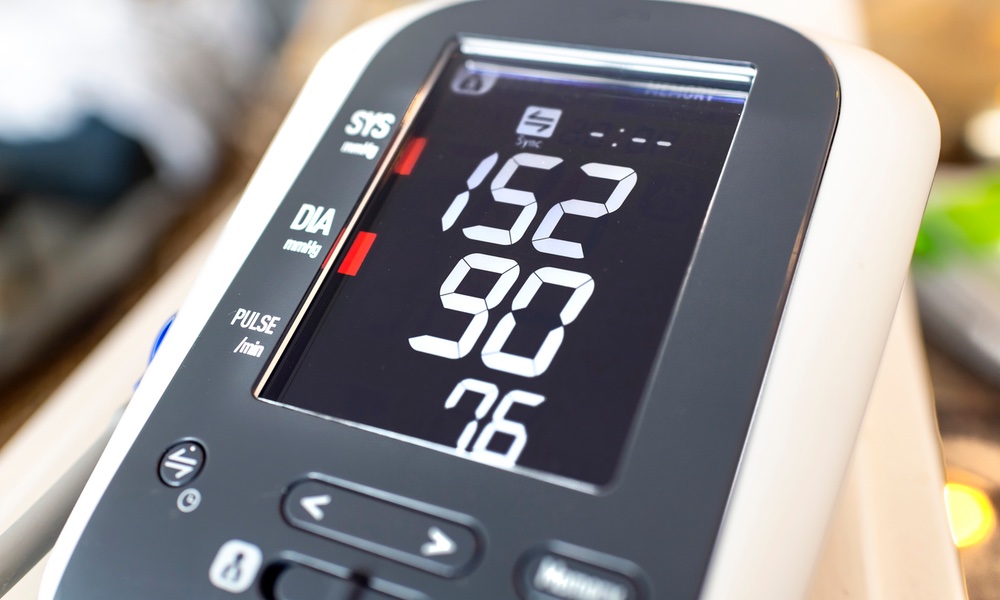One in five adolescents is considered obese, according to the Centers for Disease Control. Being overweight or obese can lead to depression and social isolation. It can also carry serious physical health consequences — from high blood pressure and high cholesterol, both factors for heart disease — to Type 2 diabetes and breathing problems such as asthma and sleep apnea, a condition when breathing starts and stops during sleep repeatedly.
Bariatric surgery, a procedure performed on the stomach or intestines to induce weight loss, is often recommended when someone is severely obese. But the surgery can also lead to weakening of bones in teens and young adults, a new study shows.
The study, published in the journal Radiology, compared the bone health of 25 obese teens and young adults between the ages of 13 and 25 who had a bariatric procedure known as “sleeve surgery.” The surgery involves removing a large portion of the stomach and leaving behind a narrow “sleeve,”. Both groups received dietary and exercise counseling. After two years, they were reevaluated.Considering the findings, did the research team still recommend bariatric surgery for severely obese adolescents and young adults?
Even though the results were expected, a couple of findings were surprising. First, young people who had “sleeve surgery,” ended up with more fatty yellow marrow in their bones. Secondly, the teens and young adults who did not undergo bariatric surgery and continued to gain weight, also had weakened bones — though their change wasn’t seen as significant.
There are two types of bone marrow: Red, where our stem cells make white and red blood cells to replenish the body; and yellow fatty marrow. “We used to think fatty marrow within bones was just filler with no function,” lead author Miriam Bredella, professor at Harvard Medical School and vice chair for faculty affairs and clinical operation of radiology at Massachusetts General Hospital in Boston, said in a press statement. “But we know now that it’s an endocrine organ — it secretes hormones of different kinds and is associated with making bones weaker.”
Considering the findings, did the research team still recommend bariatric surgery for severely obese adolescents and young adults? Yes. “Totally get the surgery — diabetes and heart disease cause much more morbidity and mortality than osteoporosis, and type 2 diabetes is also bad for bones,” Bredella said.
Not every obese adolescent and young adult is a good candidate for bariatric surgery. Having a BMI of at least 35 with an obesity-related medical condition or a BMI of greater than 40 without an obesity related health condition is needed. Candidates for the surgery must also demonstrate a commitment to comprehensive medical and psychological evaluation before and after the surgery.





